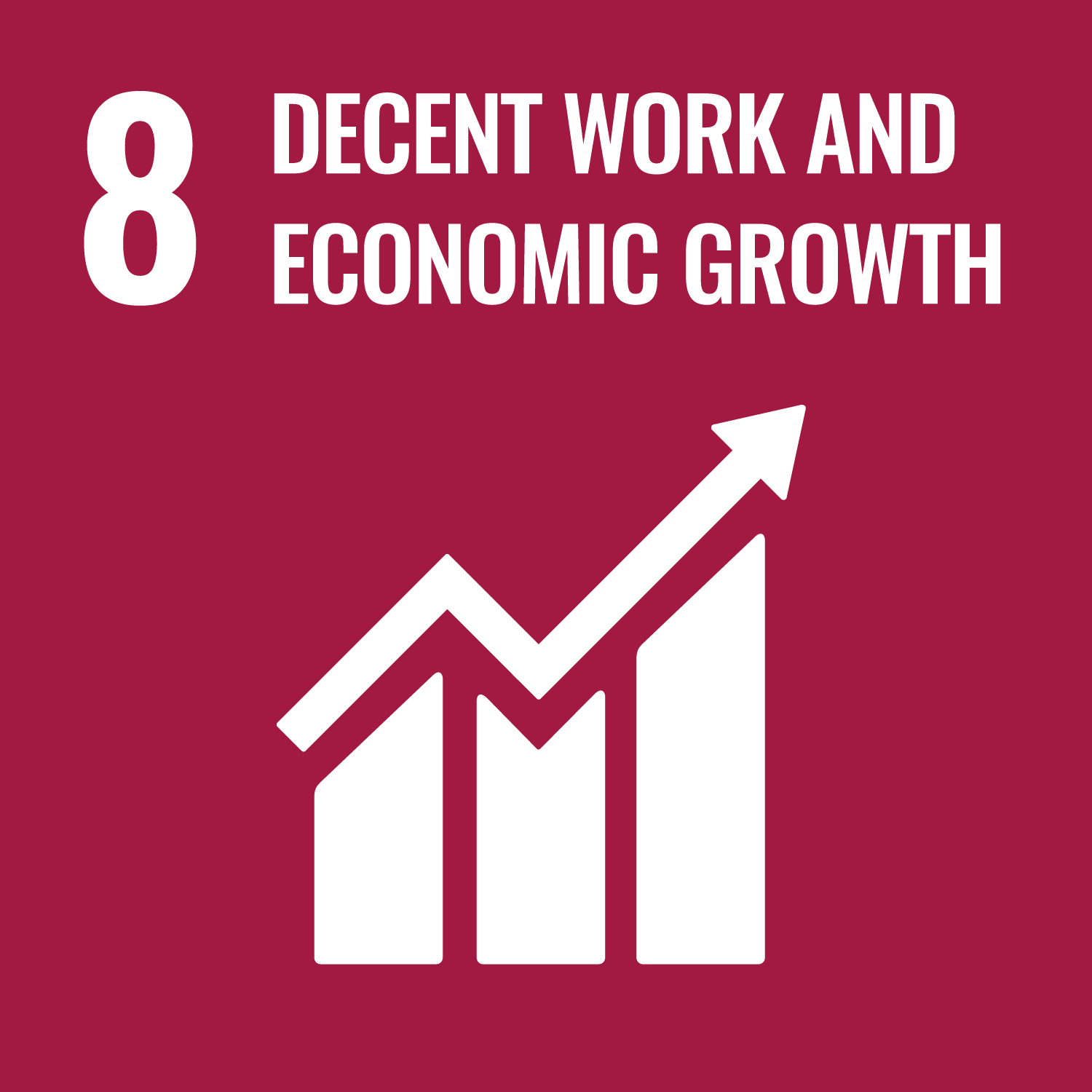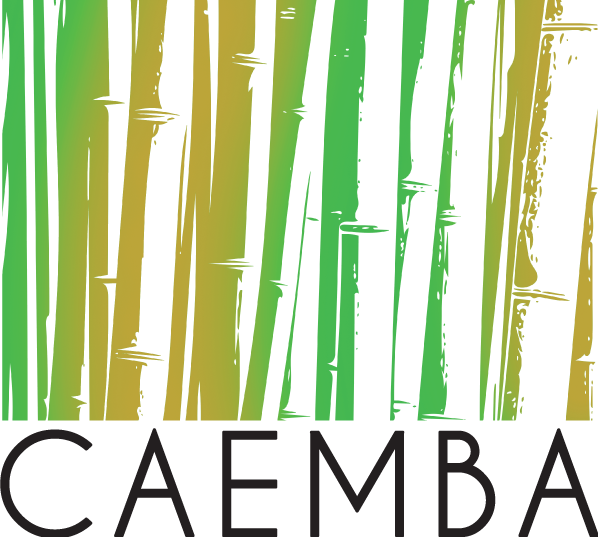

On September 25, 2015, as part of a new sustainable development agenda, world leaders adopted a set of global goals aimed at eradicating poverty, protecting the planet and ensuring prosperity for all. In the next 15 years, each objective has specific goals to be achieved.
To achieve these goals, we must all do our part: governments, the private sector, civil society and Foundations/NGOs.
As Raiz CAEMBA Foundation, we are driven by a deep commitment to make a positive and lasting impact in the world. Aligned with the United Nations Sustainable Development Goals (SDGs), we are dedicated to addressing some of the most pressing challenges facing our global community. Our mission is not simply to make a difference, but to actively contribute to a sustainable and equitable future for all.
Our Focus Areas
Through our initiatives and projects, we target specific SDGs. These goals serve as guiding principles, shaping our strategies and activities to maximize positive effects on the communities we serve.

We train people in poverty, especially women, in activities that allow them to improve their income.

We encourage the practice of sports among young people from marginalized communities on the Ecuadorian coast to mitigate the attraction of drug consumption and trafficking.

We support bilingual education of indigenous Amazonian children of the Siekopai people, an ethnic group of less than 200 people in the Amazon region on the border between Ecuador and Peru.

Raíz CAEMBA builds proper bamboo houses for families in extreme poverty 99% of these are legalized in the name of women. This reduces the wealth gap between men and women, which is especially large in the poorest communities in Ecuador.

Many of the families who obtain CAEMBA houses also receive, for the first time in their lives, the installation of sanitary systems. We have also installed dozens of safe, clean water systems in indigenous communities in the Ecuadorian and Peruvian Amazon.

We use solar energy to power all our safe water systems, to ensure that the systems are sustainable and do not generate emissions or depend on the purchase of fossil fuels.



Our investment in housing, health systems, safe water, access to sports and the legalization of land, especially for women in extreme poverty, has allowed hundreds of families to improve their socioeconomic conditions.

We improve living conditions of the poorest families in vulnerable neighborhoods resulting in, comprehensive improvement in living conditions and a reduction in violence in the communities where we work.

Providing decent bamboo houses improves the living conditions of vulnerable families, and avoids CO2 emissions generated by the construction of equivalent houses, based on cement and block structures.

We work with indigenous populations to achieve their collective rights and their capacity for self-government and self-determination.

In line with the UN SDGs, Fundación Raíz-CAMEBA envisions a world where the well-being and improvement of the quality of life of low-income people prevails through the development and application of rapid, sustainable and innovative solutions. We strive to contribute to a global movement that leaves no one behind and ensures that everyone benefits from sustainable development.
By aligning our mission with the United Nations Sustainable Development Goals, we aim to be catalysts for positive change, demonstrating that, together, we can build a more sustainable, equitable and prosperous world.
We recognize that addressing complex challenges requires collaborative efforts. Through these joint efforts, we aim to create scalable and replicable models that inspire and result in positive change around the world.



